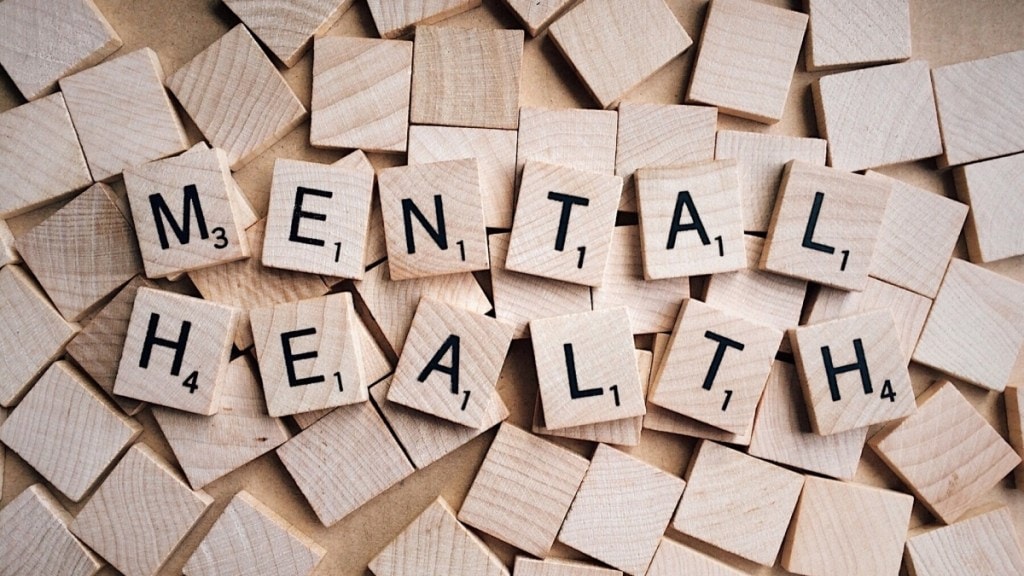By Dr. Shradha Malik
Suicide is no longer a silent crisis in India – it is a mental health emergency that we are still ignoring. Health experts, parents, and lawmakers are grappling with the current scenarios. The silent pressure in young adults and children of society to make something big, to show up, and to prove every time is making them live in a constant fear.
With parents mostly busy with work stress and financial crunch, children are carrying the burden while feeling emotionally deprived. Apart from academic pressure and social isolation, the lack of accessible mental health support system and awareness just adds up to the growing problem. And the rising number of suicide cases in India is a haunting reflection of our country where discussing mental health problem is still a stigma.
A string of suicides reflect a nation in distress
On April 4, 2025, a girl in Delhi committed suicide because her relatives were forcing her to get married.
On April 1, 2025, a final-year BSc student in Jaunpur, Uttar Pradesh, hanged herself in her hostel room after a distressing call with her fiancé.
Again, on March 31, 2025, a 19-year-old IIIT student in India ended his life in a college hostel, struggling to cope with academic demands.
Meanwhile, in Chandigarh, a 22-year-old youth was found dead on March 31, 2025, in yet another case of suicide. He was discovered in his home and no suicide note was found.
A nation in numbers
The National Crime Records Bureau (NCRB) recorded 13,089 student suicides in 2022 – a 4.5% rise from 2020. A UNICEF report revealed that 14% of Indian youths feel depressed regularly, yet stigma keeps most from seeking help. The numbers suggest a grim reality. And, children and young people are not only affected but are at the heart of India’s suicide epidemic.
Root causes: What’s going wrong?
Mental health professionals identify several driving factors like undefined academic competition, societal pressure, cyberbullying, and lack of professional support in schools. The coaching culture has turned education into a battleground recently while magnifying the entire scenario. And Covid-19 pandemic simply added up to the fiasco as children faced isolation, disruption of routine, and increased domestic stress.
What can be done?
With student suicide rates surpassing those of farmers, and children as young as 12 taking their lives, suggesting that something is really wrong here and an urgent intervention is needed. India must break its silence on mental health. The stories from Delhi, Chennai, Jaunpur, Chandigarh, or Kolkata should not remain just a 1-min-read and scroll news. It is engulfing the entire country and if not taken seriously can knock your doors anytime.
Solutions
A solution lies in a collective response that combines government policy, education system reform, community involvement, and family awareness. Here are a few things that should be considered.
Schools must become safe spaces. Every school must have a full-time counsellors trained in child and adolescent psychology. Mental health programs and peer support programs should be part of the extra-curriculars. And parents should choose schools wisely. Just schools with more toppers and better infrastructure will not help.
Parents and teachers are often the first line of defense, but they are also underprepared. While teachers should go through professional trainings, parents are also required to keep themselves aware. Instead of forcing the children or simply negating them, try positive reinforcement.
Normalize seeking help. It is crucial today. Get your mental health checked up regularly. Be aware and love yourself. Understand that there is nothing in this world more important than you.
From Delhi’s school corridors to Kota’s hostels and Kolkata’s homes, India must build a culture were asking for help is strength—not shame. The solution begins when we replace pressure with presence, silence with support, and fear with compassion.
The writer is Founder and CEO of Athena Behavioral Health.
Disclaimer: Views expressed are personal and do not reflect the official position or policy of FinancialExpress.com. Reproducing this content without permission is prohibited.

